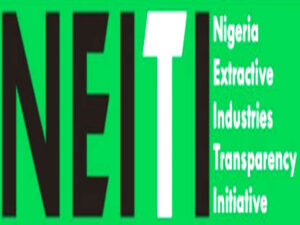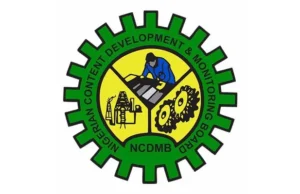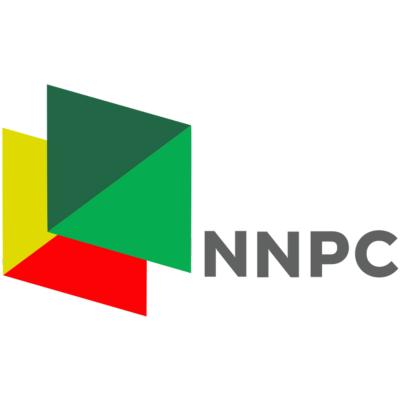The Nigerian National Petroleum Company (NNPC) Limited has raised the pump price of Premium Motor Spirit (PMS), commonly known as petrol, to N915 per litre in Lagos and N945 per litre in Abuja. This translates to a N45 per litre increase in Lagos, from a previous N870, and a N35 hike in Abuja, from the earlier N910 per litre.
Several NNPC’s outlet in Lagos and Abuja had updated the pumps to reflect the new N915 and N945 per litre pricing.
The price change is not limited to NNPC outlets alone as private and major marketers also adjusted their pump prices across major cities.
MRS Oil Nigeria Plc, a strategic partner of Dangote Refinery, raised its pump price to N925 per litre in Lagos, up from N875. Similarly, TotalEnergies hiked its price to N910.
These increases follow Dangote Refinery’s decision on June 21 to raise its ex-depot price of petrol from N820 to N880 per litre, signaling a new wave of retail price hikes.
The ripple effect in retail pricing trails closely behind the refinery’s announcement of a large-scale logistics expansion. On June 15, Dangote Refinery disclosed that it had acquired 4,000 compressed natural gas (CNG)-powered tankers and was set to begin nationwide distribution of petrol and diesel by August 15.
While the move is expected to cut middlemen costs and enhance fuel availability nationwide, it has triggered anxiety in the downstream petroleum sector.
The Petroleum Products Retail Outlets Owners Association of Nigeria (PETROAN) warned that Dangote’s deepening control over production and distribution could lead to a monopolistic structure.
In a recent statement, the association said the move may “disguise forward integration as efficiency,” potentially sidelining small and mid-sized retailers and resulting in job losses across the distribution chain.
Similarly, the Major Energies Marketers Association of Nigeria (MEMAN) called for clarity and transparency in Dangote’s logistics proposal, noting that national fuel distribution is a highly sensitive operation that must involve multiple actors to maintain stability and fairness.
As of press time, the NNPC and downstream regulators had not released any public statements on the hike or how long the current pricing band will last.





